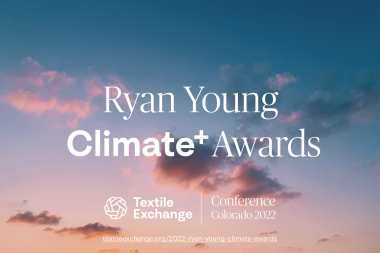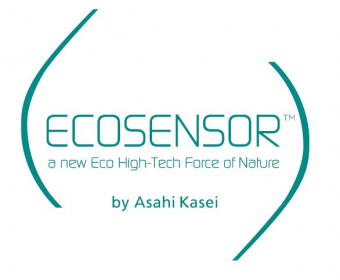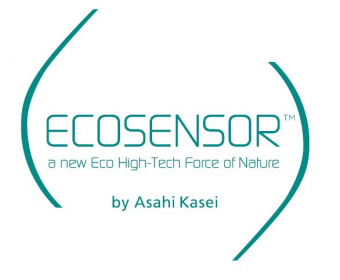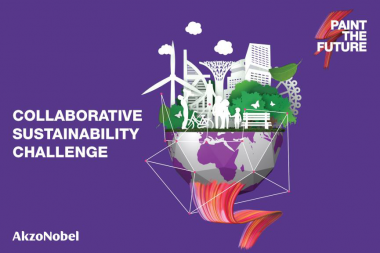Adient: Cooperation with H2 Green Steel to reduce carbon footprint
Adient, a supplier of seating systems for the automotive industry, has entered into a cooperation with Swedish steelmaker H2 Green Steel (H2GS) to reduce the carbon footprint in its value chain.
On 1st September Michel Berthelin, Executive Vice President Adient EMEA, and Henrik Henriksson, CEO of H2 Green Steel, have mutually signed an agreement to supply fossil-free steel with low carbon footprint from 2026 on and subsequently use it in Adient's metal products.
Michel Berthelin explains the background to the cooperation: “As a company, we are committed to the Science Based Targets Initiative, a collaboration between leading global institutions to set a science-based climate target. We also support the Carbon Disclosure Project, which helps companies and cities to understand and disclose their environmental impacts. The decision to shift parts of the steel volume sourced for our production to a steel with low carbon footprint is part of our sustainability strategy. It is our goal to reduce emissions at our production sites that are caused directly by our own sources or indirectly by our energy suppliers by 75% by 2030. In parallel, we aim to reduce emissions along our supply chains by 35% over the same period. In doing so, Adient actively fosters the industry's transformation towards a more responsible use of natural resources.”
Steel from H2 Green Steel is produced with up to 95% less CO2 emissions compared to conventional steel production. The company achieves this by replacing coal with green hydrogen in production and by the use of electricity from non-fossil sources. In this way, mainly water and heat are produced as waste products.
Adient





























